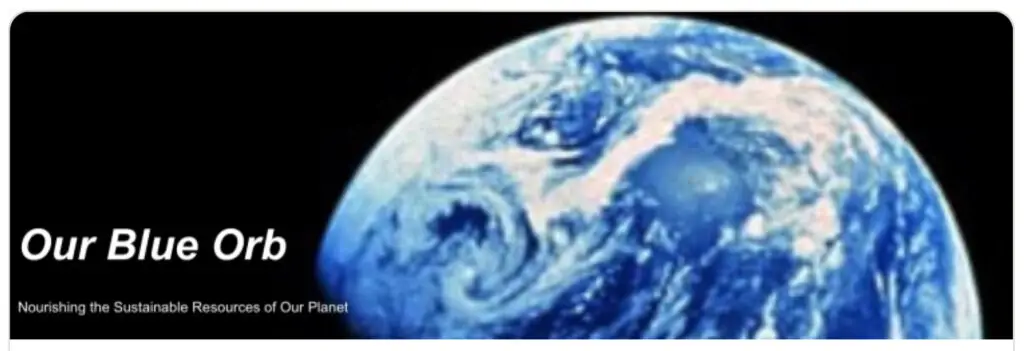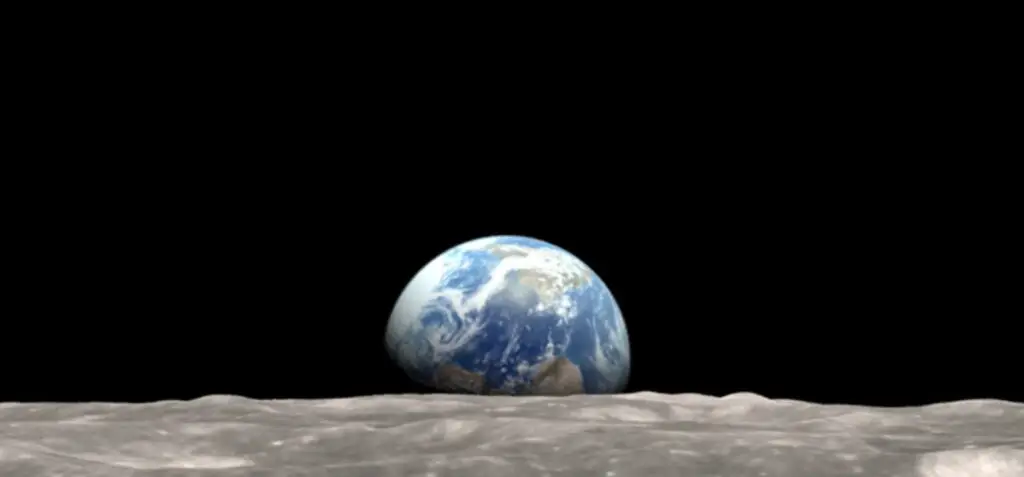
Ecological Awareness
Who, What & Why
This photograph, EarthRise, is the most influential environmental image ever taken. It encouraged people to take part in the modern environmental movement. EarthRise was a motivator, the catalyst and impetus of ecological awareness and EcoActivism. We can no longer ignore the growing environmental crisis of Earth.
We look to science and nature for answers to ensure Our Blue Orb’s viability. We must cherish, preserve and protect our natural resources to prolong sustainability of the Earth, to improve the ecosystems and the habitats of all of our planet’s creatures.
We love the Earth. We plan to stay. Not all of us are billionaires ready to rocket off to Mars. We choose to work for the ideals and goals of the seventies ecological movement. We must not relent. We must stay strong.
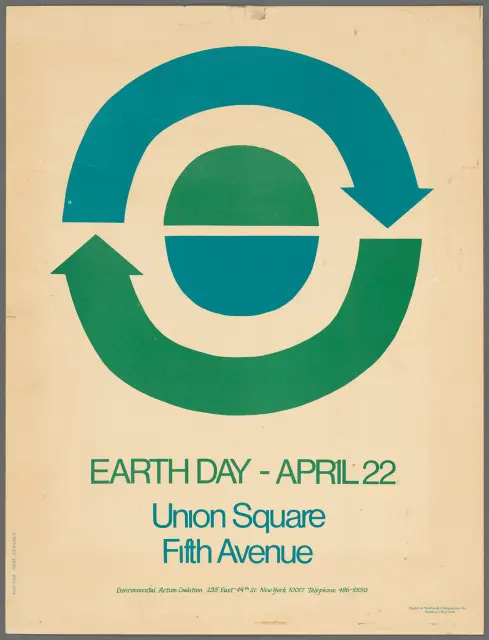
04.22.1970
The First Earth Day
Led to the EPA
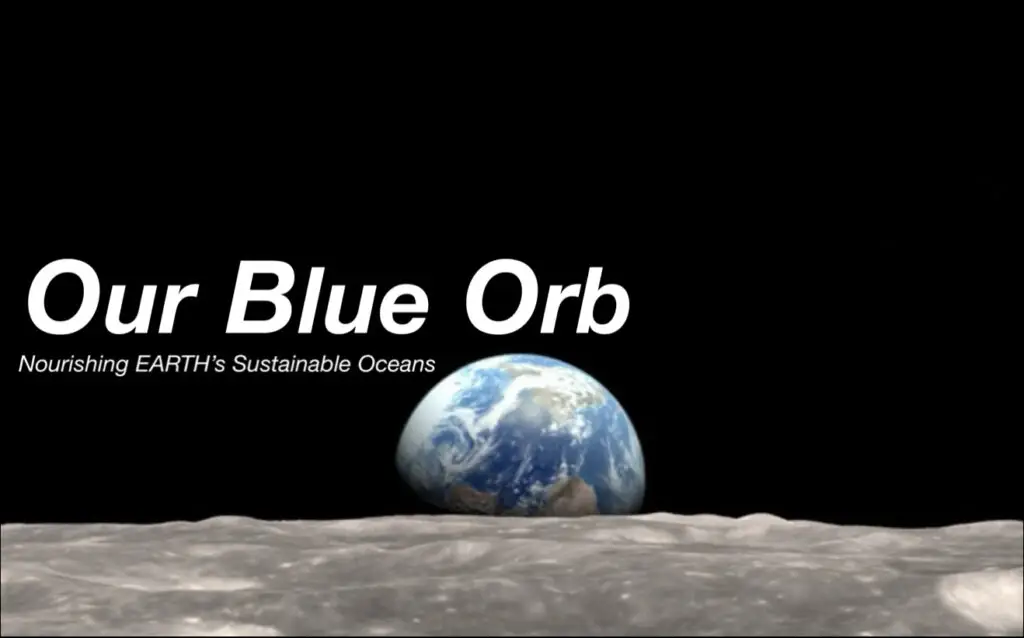
Environmental Awareness
Understanding the Importance of
Earth’s Sustainability
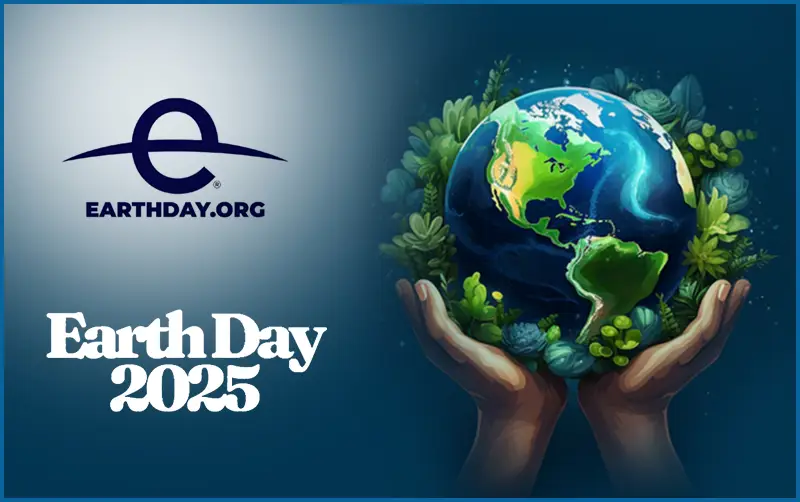
04.29.2025
Earth Action Day
Our Power, Our Planet
Earth Day History
"The purpose of Earth Day was to get a nationwide demonstration of concern for the environment so large that it would shake the political establishment out of its lethargy and, finally, force this issue permanently into the political arena."
Senator Gaylord Nelson
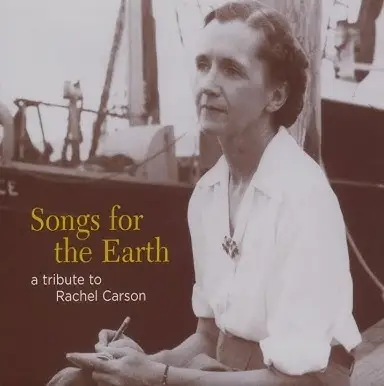
Rachel Carson
Marine Biologist Conservationist Ecologist EcoActivist
Carson’s Sea Trilogy won the hearts of American conservationists. Under the Sea (1941), The Sea Around Us (1951) and The Edge of the Sea (1955) established this award winning best selling author’s credentials and gave her the courage to research and write one of the most influential ecological books of all times, Silent Spring (1962). All people supporting environmental awareness and sustainability must read these books and investigate the impact this woman continues to have on the global environmental movement and Earth.
President John F. Kennedy’s ecological record was driven by his growing environmental advocacy. As a senator in 1959 he cosponsored the Cape Cod National Seashore Bill. Then, running for president in 1960, Kennedy promoted and urged voters to save seashores as wildlife refuges and recreational areas. JFK was an enthusiastic reader of Rachel Carson's Sea Trilogy and created the Buck Island Reef National Monument to protect sea corals in 1961. In 1962 the president cited the importance of "Miss Carson's book Silent Spring" when he appointed a Science Advisory Committee to review the DDT issue. Their 1963 report mushroomed into proposed federal recommendations for the use and regulations of pesticides. It was 1972 before DDT was finally banned. The passage of the Endangered Species Act of 1973 also reflected the momentum and support of popular and legislative environmental activism that reached a crescendo after the first Earth Day on April 22, 1970. On the fiftieth anniversary of the publication of Silent Spring, Audubon Magazine printed an article entitled “Rachel Carson and JFK, an Environmental Tag Team." This surge of environmental awareness also resulted in the creation of the Environmental Protection Agency (EPA) and the passage of other critical environmental legislation like the Clean Air Act, Clean Water Act, and the Endangered Species Act.
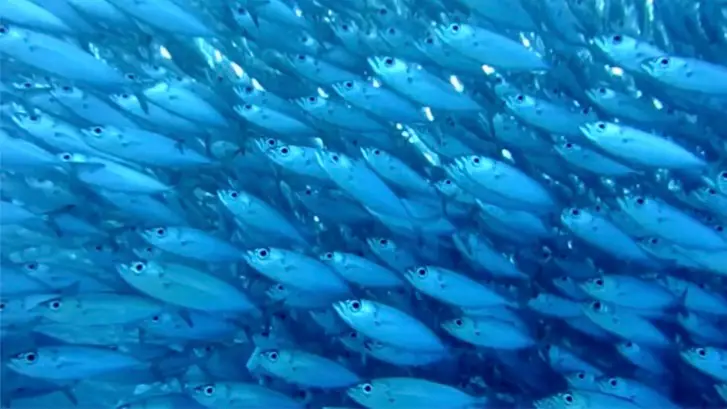
The Fishes
From the
smallest fish
to the largest tuna…
we must preserve
the viability
of this
Natural Resource.
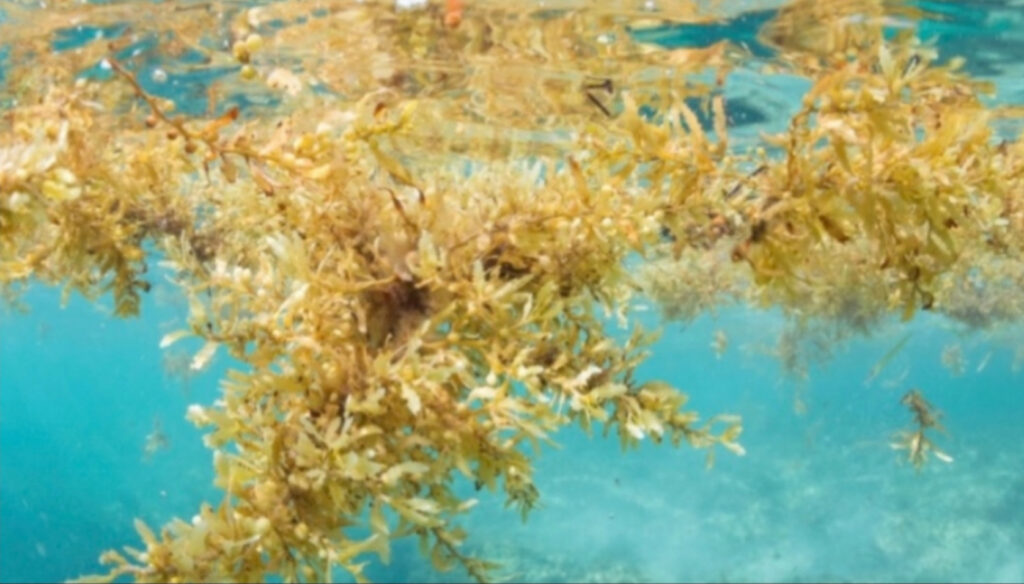
The Plants
From floating islands of Sargassum to our seagrass, kelp beds
and estuaries, all life depends upon plants.
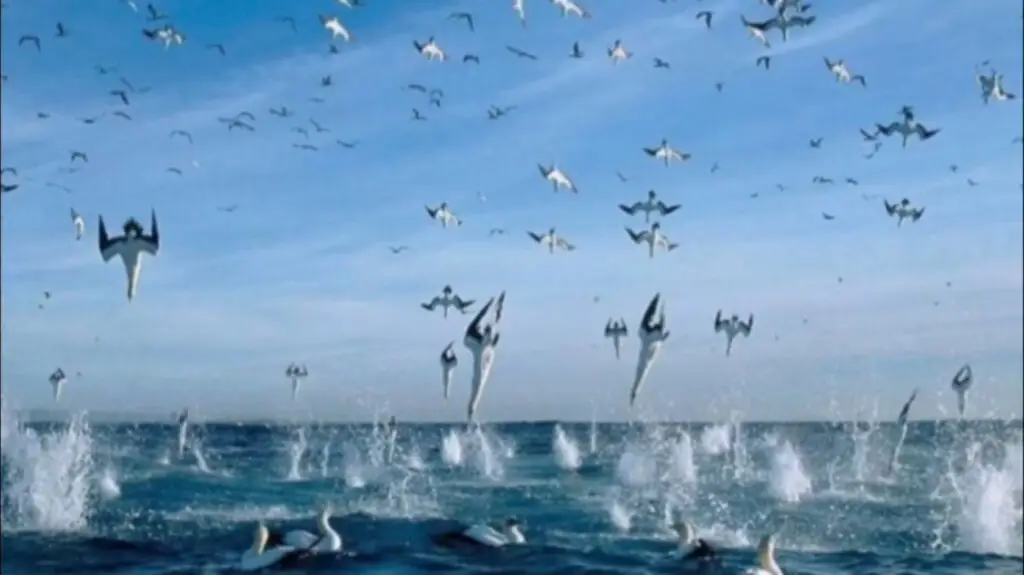
The Birds
From the gannets
to all the penguins,
birds surround
Our Blue Orb, even flying under the frigid seas.
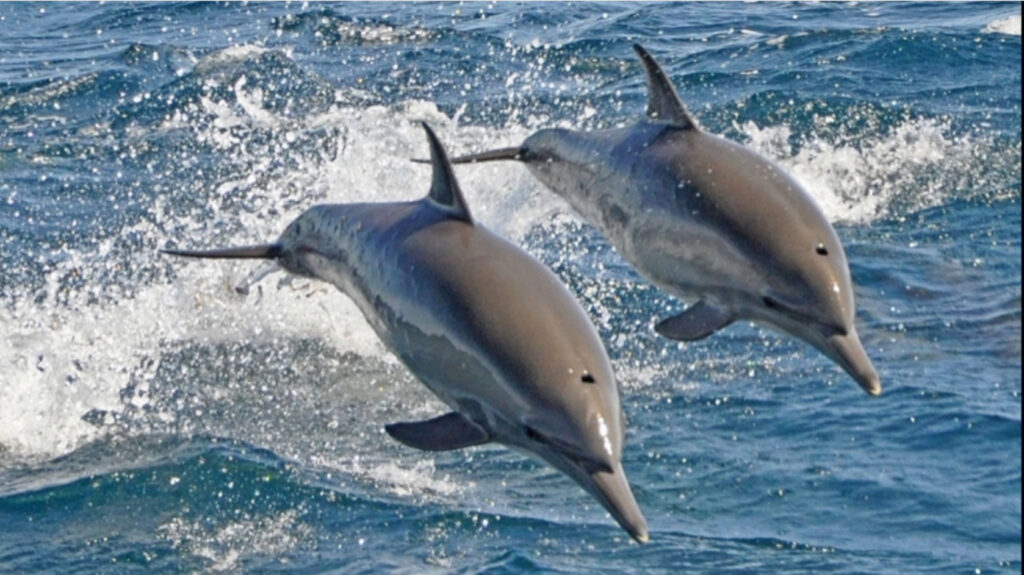
The Mammals
Marine mammals compete with the fishes and man
for their
fair share of
Our Blue Orb's
ocean's generous bounty.
The Time To Act Is Now!
Environmental activism requires continued collaboration of our social, scientific and political communities and concerned motivated individuals to address these pressing environmental concerns.
The complex interrelationships of earth’s natural systems are affected by our failure to act harmoniously with them. We must be proactive and contribute to their survival by doing all we are capable of to protect and extend the sustainability of all natural resources.
“The conservation of natural resources is the fundamental problem. Unless we solve that problem it will avail us little to solve all others... We are prone to speak of the resources of this country
as inexhaustible; this is not so.”
President Theodore Roosevelt, 1907
Man cannot continue to neglect and abuse our natural resources or the environment for personal or corporate profit.
Man cannot continue to neglect and abuse our natural resources or the environment for personal or corporate profit.
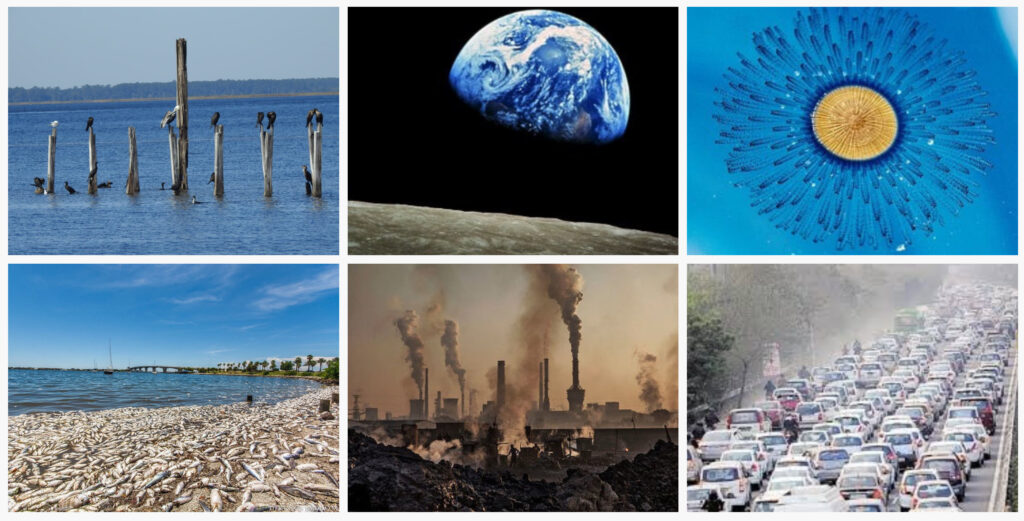
Join us to work together for change!
